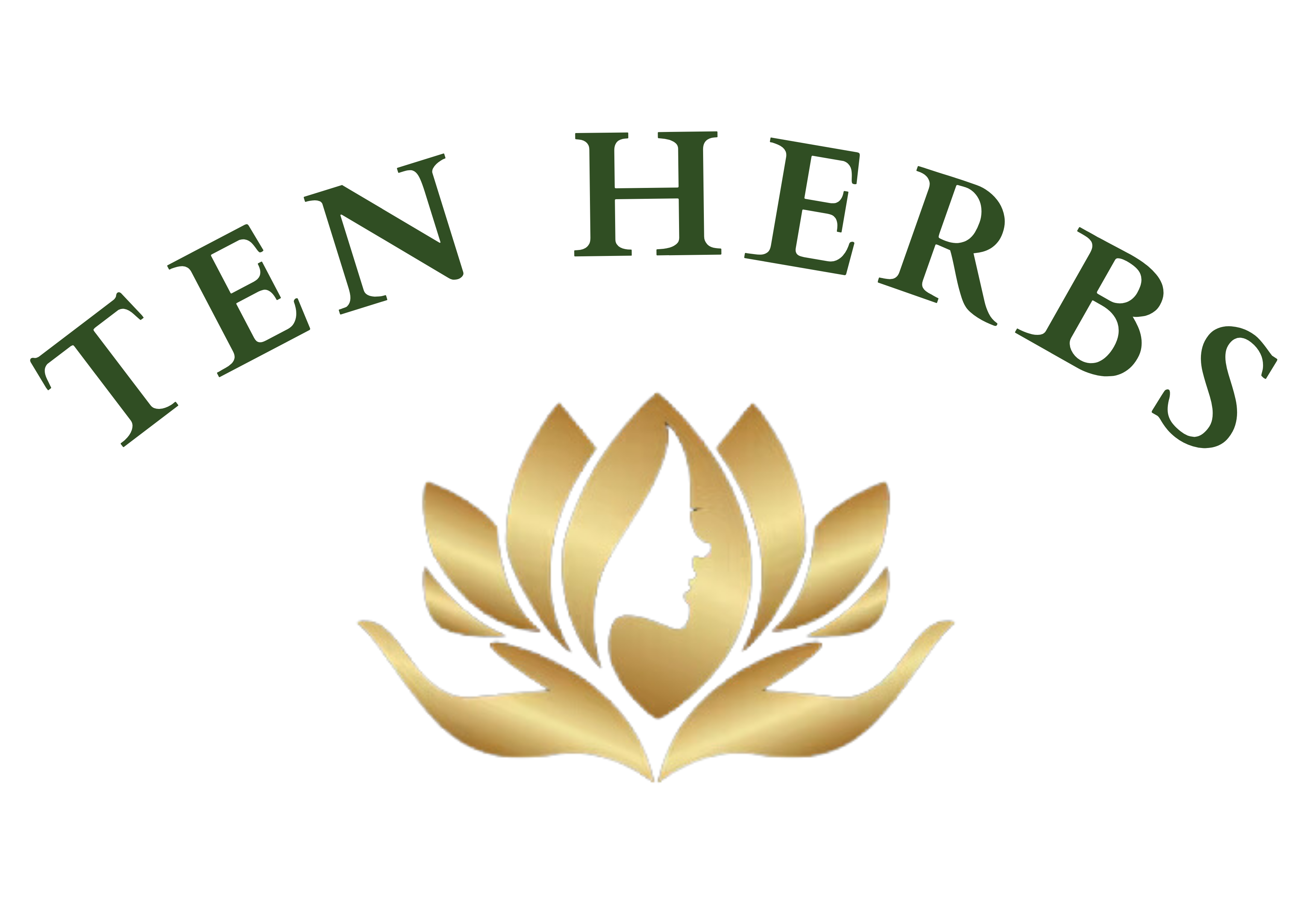Hair oiling has been a staple in hair care routines across cultures, especially in South Asia, for centuries. Whether you want to strengthen your strands, promote growth, or improve scalp health, oiling your hair the right way can make a significant difference. In this comprehensive guide, we will explore the benefits of hair oiling, the best oils for hair growth, and expert recommendations from dermatologists in Pakistan and the USA.
Benefits of Hair Oiling

- Boosts Hair Growth: Massaging oil into your scalp increases blood circulation, ensuring better nutrient delivery to hair follicles, which can stimulate growth.
- Prevents Dryness and Frizz: Oils act as natural conditioners, keeping your hair hydrated and reducing frizz.
- Strengthens Hair and Reduces Breakage: Regular application helps reinforce hair structure, preventing breakage and split ends.
- Protects Against Damage: Oils form a protective barrier against environmental damage, pollution, and heat styling.
- Improves Scalp Health: Certain oils have antimicrobial properties that help combat dandruff and scalp infections.
Choosing the Right Hair Oil
Selecting the right herbal hair oil is crucial for achieving the desired results. Here are some of the best options recommended by dermatologists:
1. Coconut Oil
- Deeply penetrates the hair shaft, preventing protein loss.
- Ideal for dry and damaged hair.
2. Rosemary Oil
- Research suggests that rosemary oil can be as effective as minoxidil for hair regrowth.
- Rosemary oil stimulates blood circulation and encourages follicle activity.
3. Castor Oil
- Caster oil is high in ricinoleic acid and vitamin E, known for promoting thicker hair.
- Moisturizes the scalp and helps with dandruff control.
4. Jojoba Oil
- Mimics the scalp’s natural oils, making it an excellent choice for all hair types.
- Helps in preventing excessive scalp dryness.
5. Tea Tree Oil
- Known for its antimicrobial properties, it helps maintain a clean and healthy scalp.
- Best for individuals struggling with dandruff and itchy scalp.
How to Properly Oil Your Hair

Follow these steps to ensure you get the maximum benefits from your hair oiling routine:
1. Preparation
- Choose an oil that suits your hair type and concerns.
- Warm the oil slightly to enhance penetration (avoid overheating).
2. Application
- Detangle your hair before applying oil to prevent breakage.
- Part your hair into sections for even application.
- Use your fingertips to massage the oil into your scalp in circular motions.
- Work the oil down to the tips of your hair for overall nourishment.
3. Scalp Massage
- Massage your scalp for 10-15 minutes to stimulate blood circulation.
4. Resting Period
- Leave the oil in your hair for at least an hour.
- For deeper conditioning, keep it overnight using a shower cap to avoid staining pillows.
5. Washing It Out
- Use a mild shampoo to remove the oil (may require two washes).
- Follow up with a conditioner to retain moisture.
How Often Should You Oil Your Hair?
- Oily Hair: Once a week to prevent excess greasiness.
- Dry or Damaged Hair: 2-3 times a week for deep hydration.
- Normal Hair: Once or twice a week for maintenance.
Dermatologists' Insights
Dr. Kashif Ali, a renowned dermatologist from Pakistan, highlights the benefits of coconut and castor oil for strengthening hair and reducing dandruff. He recommends using oils with natural ingredients to avoid chemical buildup on the scalp.
Common Mistakes to Avoid
- Over-Oiling: Applying too much oil can clog pores and attract dirt.
- Vigorous Massaging: Being too harsh can weaken hair roots and cause breakage.
- Leaving Oil for Too Long: Prolonged oil exposure can lead to scalp buildup and irritation.
- Using Low-Quality Oils: Choose cold-pressed, organic oils for maximum benefits.
Final Thoughts
Oiling your hair is a simple yet powerful practice that can transform your hair health when done correctly. Choosing the right oil, massaging the scalp, and maintaining a consistent routine will help you achieve strong, shiny, and healthy hair.
For those experiencing excessive hair loss, consulting a dermatologist is essential to identify underlying causes and receive professional treatment recommendations.
